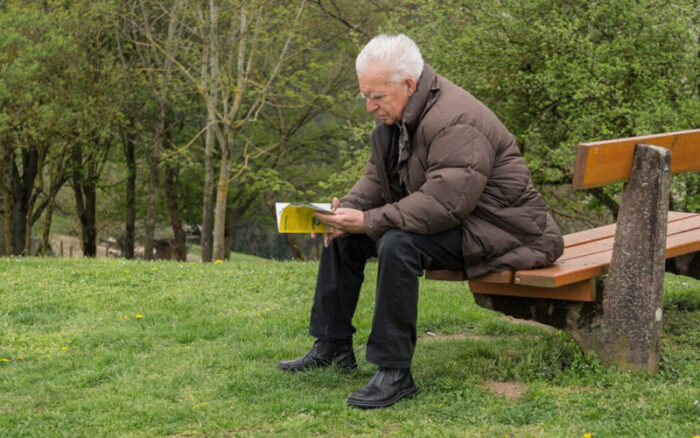Making the switch from working full time to retirement can be scary. No matter how much planning you’ve done, having vast amounts of free time can cause a lot of uncertainty, even if it also sounds like heaven on earth. Make transitioning to retirement easier with these tips from other retirees.
1. Transitioning to Retirement May Take Longer Than You Think
Shifting to your retirement lifestyle will have ups and downs. There’s no one right way to do it. There will be trial and error. You’ll face the temptation to be a couch potato, the desire to visit people and the uncertainty of how to do it, along with many other challenges. It may take months or years to truly master your new lifestyle.
Remember, you’re still the same person. Your hobbies, interests, and passions are still the same. Figure out ways you can use them with the time you used to spend commuting and working.
Spend Safely: Don’t Run Out of Money in Retirement
2. Train Yourself to See Transitioning to Retirement as a New Beginning
It’s easy to see transitioning to retirement as the end of your career. Instead, think of it as a new beginning. Just as college was the end of your school life, it was also the start of your work life. To help your brain get comfortable with the concept of retirement as the beginning of something new:
- Read lifestyle articles and websites
- Talk to community members who are already retired
- Register for classes that encourage existing hobbies or will teach you a new one
- Learn about volunteering with an organization you’re passionate about
- Look into reading groups, clubs, and workshops you can participate in.

3. Take a Mini-Vacation
After your final day on the job, give yourself a week or two off. Relax. Gather your thoughts and process your emotions. Think of it as a “honeymoon” for your retirement lifestyle. This will help you approach the upcoming changes with a clear mind.
4. Maintain Friendships
A reliable social network helps ease the stress during the transition period and helps you stay active and involved throughout your retirement. Some people may shift in or out of your life, but you can be sure to have continued social interactions by joining groups or classes or through volunteer efforts.
5. Work on Your Physical Health
Whether or not exercise was a part of your life during your career, it can be now. And it will help ease the stress of changing your lifestyle. You may even discover you love the gym, yoga, etc. and make it a part of your new routine. Be sure you check with your doctor before beginning any new activity to ensure it’s safe for you to do so.

6. You Can Absolutely Still Chase Your Dreams – And You Should
Retirement is not the end. It’s a new beginning. Big or small, your dreams matter. What’s something you always wanted to do but didn’t have the time because of your career? Now is the time to make that dream happen!
7. Create a Strong Mental Foundation
From a psychological standpoint, transitioning to retirement is one of life’s toughest challenges. You can ease the strain with these tools.
- A strong sense of self. Up to now, you identified with your job title. “I’m an engineer” or “I’m a mother/father.” Those labels don’t quite describe your new lifestyle, so it’s time to come up with new ones. Try “world traveler,” “beloved grandparent,” or “volunteer of the year.” As you continue to explore your new life and create new routines, the identity that works for you will emerge.
- Have a solid social network. This was talked about in number four, but don’t forget to include family in that network.
- Know your mission. No matter what you do, a sense of purpose is key to satisfaction. For many people, their biggest fear about retirement is that they won’t feel useful anymore. Once you know your mission, that feeling goes away.
Remember, retirement isn’t an end; it’s a new beginning. With these tips, you can make the transition more smoothly and find deep, lasting satisfaction in your new lifestyle.









